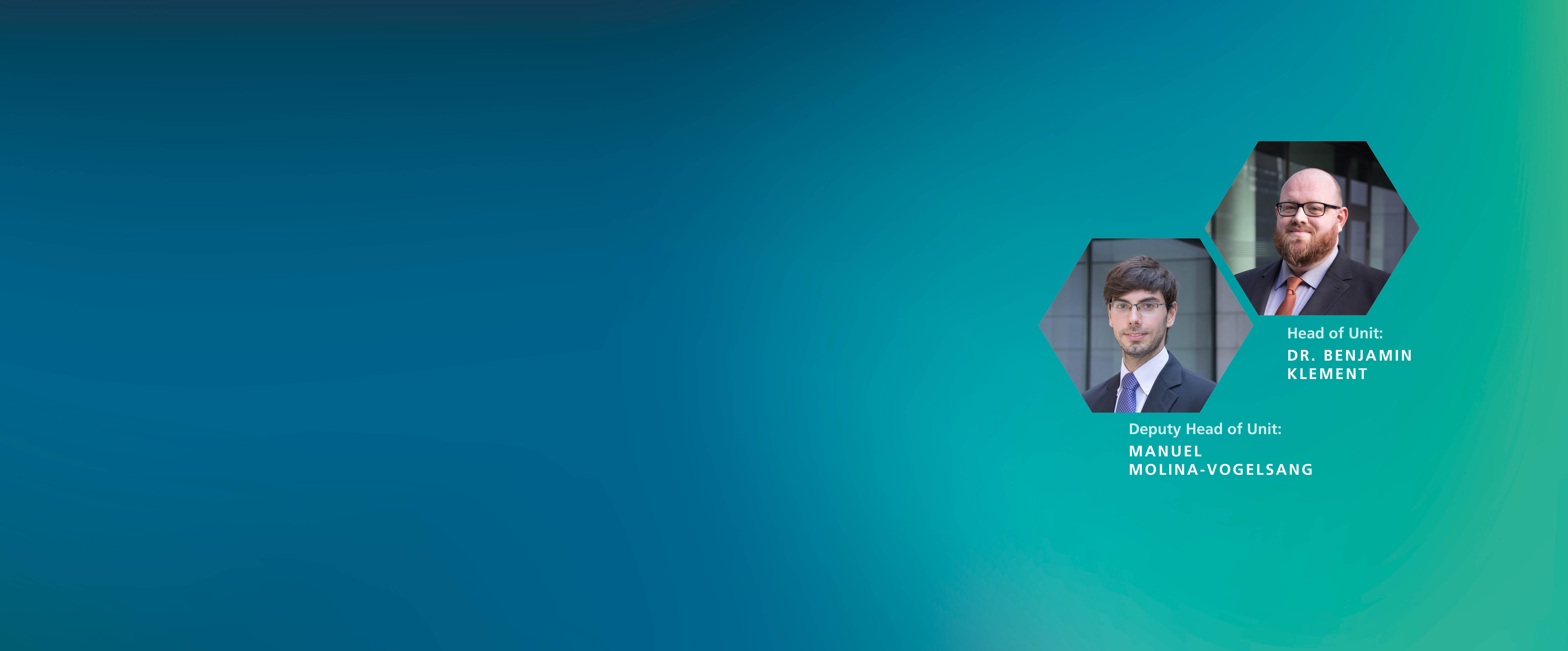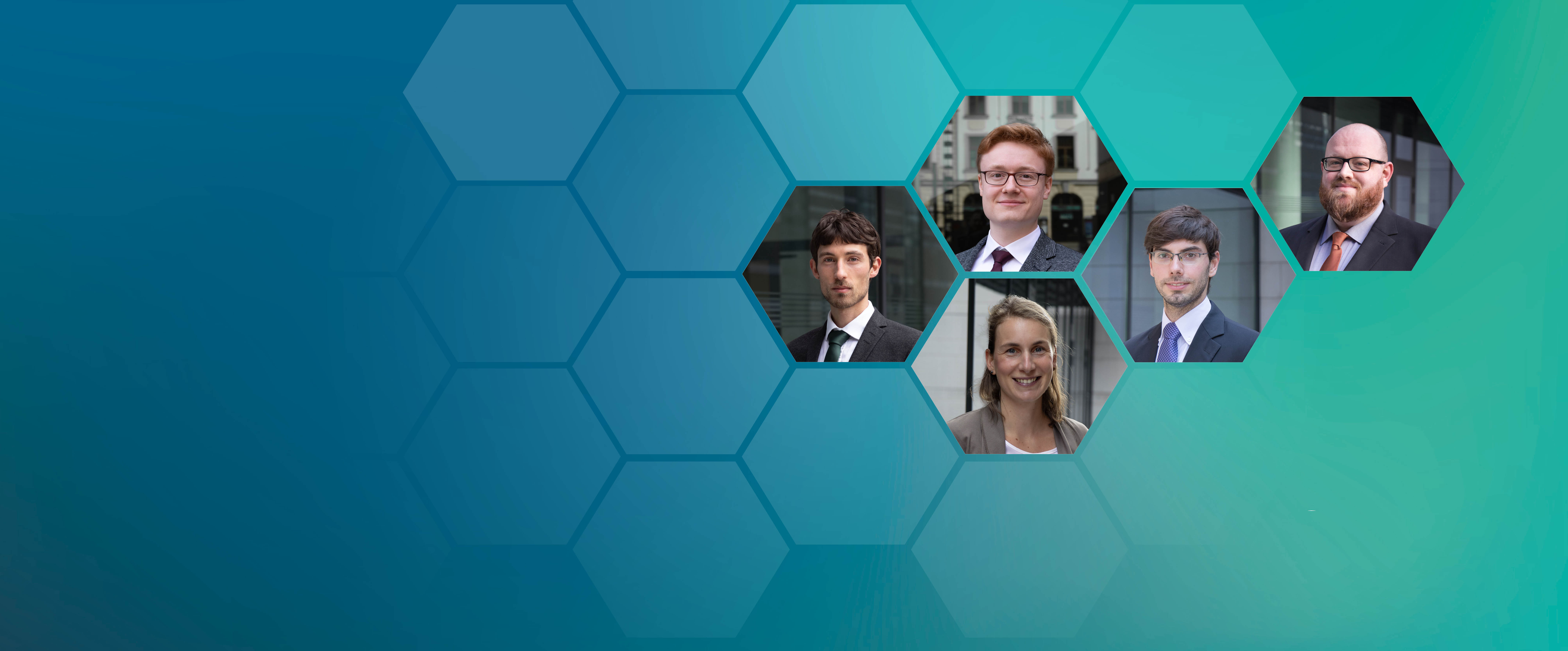The Innovative Regions Unit supports decision-makers from businesses, politics and research in strategically accessing knowledge within innovation ecosystems. The experts in the research unit analyze emerging technologies or transforming industries and regions and apply this expertise to create an overview in an increasingly complex knowledge economy. The network- and knowledge-based understanding of innovation ecosystems embedded there, which is operationalized in the so-called AIR model (considering actors, interactions and framework conditions), serves to identify and analyse development paths, knowledge bases, diversification potentials and cooperations. In this way we support the transformation paths of regions, businesses and research institutions.
We explore what constitutes innovative regions and how our clients can shape them sustainably or benefit from them. Through ecosystem analyses, analyses of regional knowledge bases, market analyses and technology environment analyses, we provide a clear picture of the constitution of regional and sectoral innovation ecosystems and the basis for their evaluation and design. We support our clients' design and analysis processes by developing indicator systems, municipal and regional strategies as well as web-based analysis tools. We accompany and evaluate economic, regional and innovation policy promotion measures. Furthermore, we facilitate access to innovation ecosystems for companies and research institutions by identifying cooperation opportunities or cooperation partners, location analyses and location strategies.
With a wide variety of quantitative and qualitative methods, the researchers in the Innovative Regions Unit create structure in the mass of data. We specialize in the analysis of innovation indicators using bibliometric, technological, socio-economic and digital social data. We combine this with our expertise in regional development, innovation and economic policy and technology genesis to develop meaningful indicators for analyzing knowledge bases and ecosystems that are tailored to our clients' needs. Using methods of econometrics, statistics and network analysis, we visualize, evaluate and interpret complex relationships. We approach unstructured text data by means of semantic analysis (sentiment analysis, resonance indicators). Local knowledge from stakeholders is integrated into our analyses through interviews, workshops, systematic qualitative analyses (qualitative comparative analysis) or participatory methods (e.g., Bayesian networks).
In current projects, the Innovative Regions Unit is supporting the shaping of structural change in Saxony's lignite mining regions ("GENESIS – Creating new development paths in structural change in Saxony"), analyzing and accompanying the emergence of a German quantum computing ecosystem ("Quantum Ecosystem Deutschland (Q.E.D. )"), developing instruments for the data-based identification and evaluation of markets for non-university research institutions ("Markets for International Technology Transfer - MarketsFITT"), developing an economic strategy for the city of Zeitz and identifying potential cooperation partners in the European innovation ecosystem for a Japanese chemical company.
In the Innovative Regions Unit, an interdisciplinary team of geographers, regional researchers and economists is conducting research into questions of applied regional development. This is guided by an evolutionary understanding of the economy, in which regional and sectoral innovation ecosystems play a key role in the emergence of innovations. We understand these innovation ecosystems as networks of technologies and actors. In recent years, technological, social and ecological change has increasingly led to regional and sectoral transformations. At the interface between business, science and society, we investigate technologies with an impact on people and the environment and how the associated transformations can be managed and made sustainable.
Dr. Juliane Groth, Dr. Benjamin Klement, Manuel Molina Vogelsang, Dr. Max Mittenzwei and Lukas Willing are researching in the Innovative Regions Unit.




